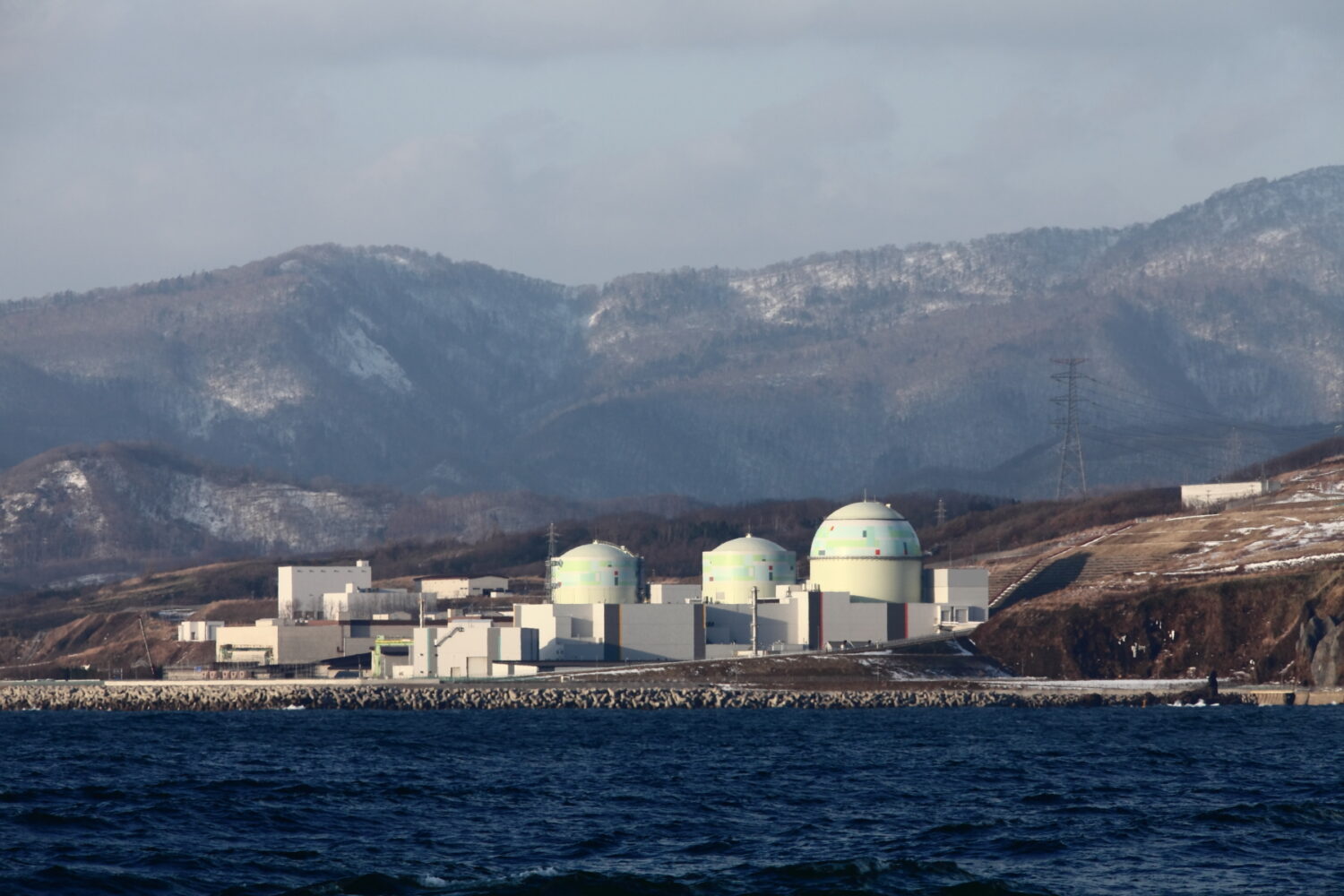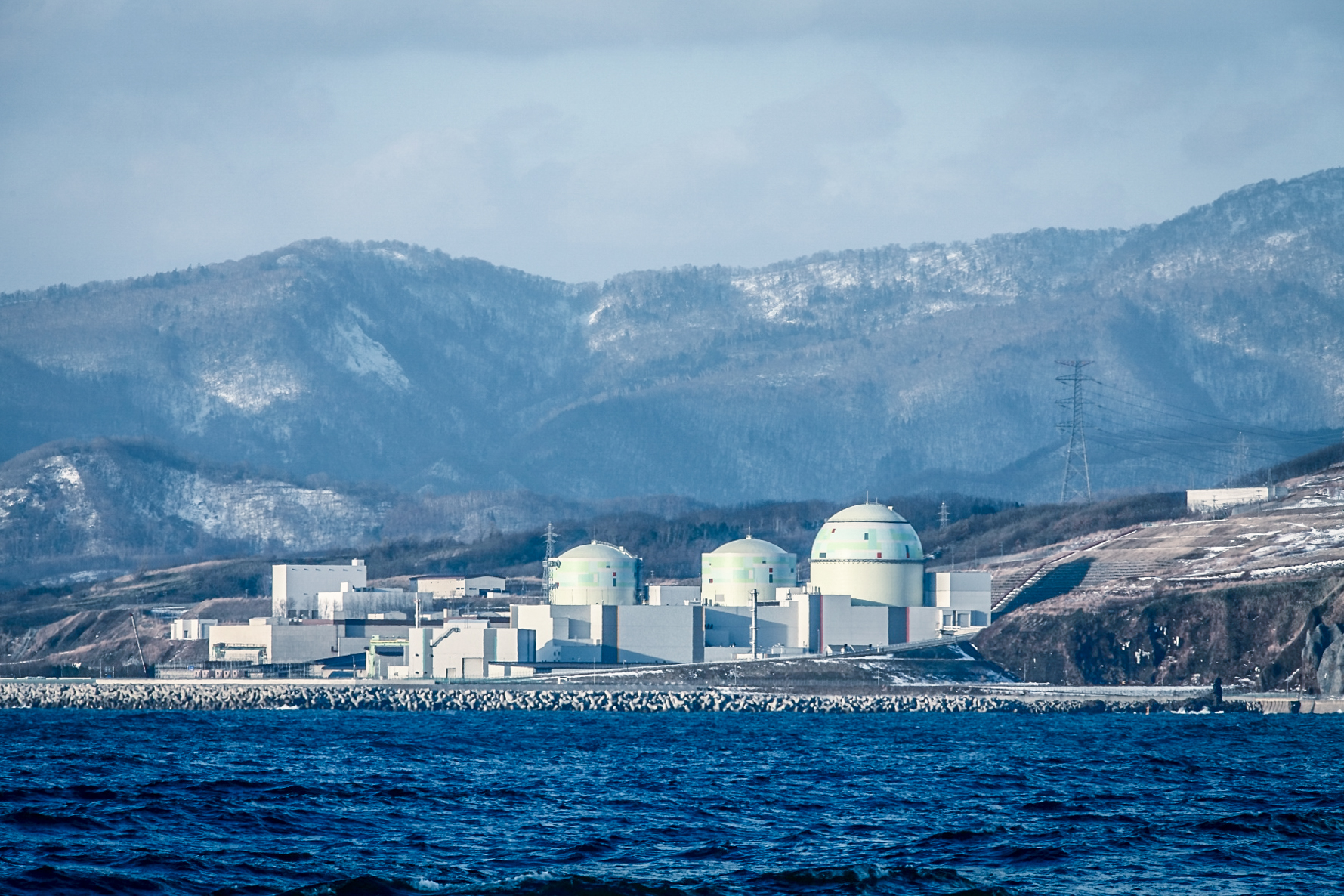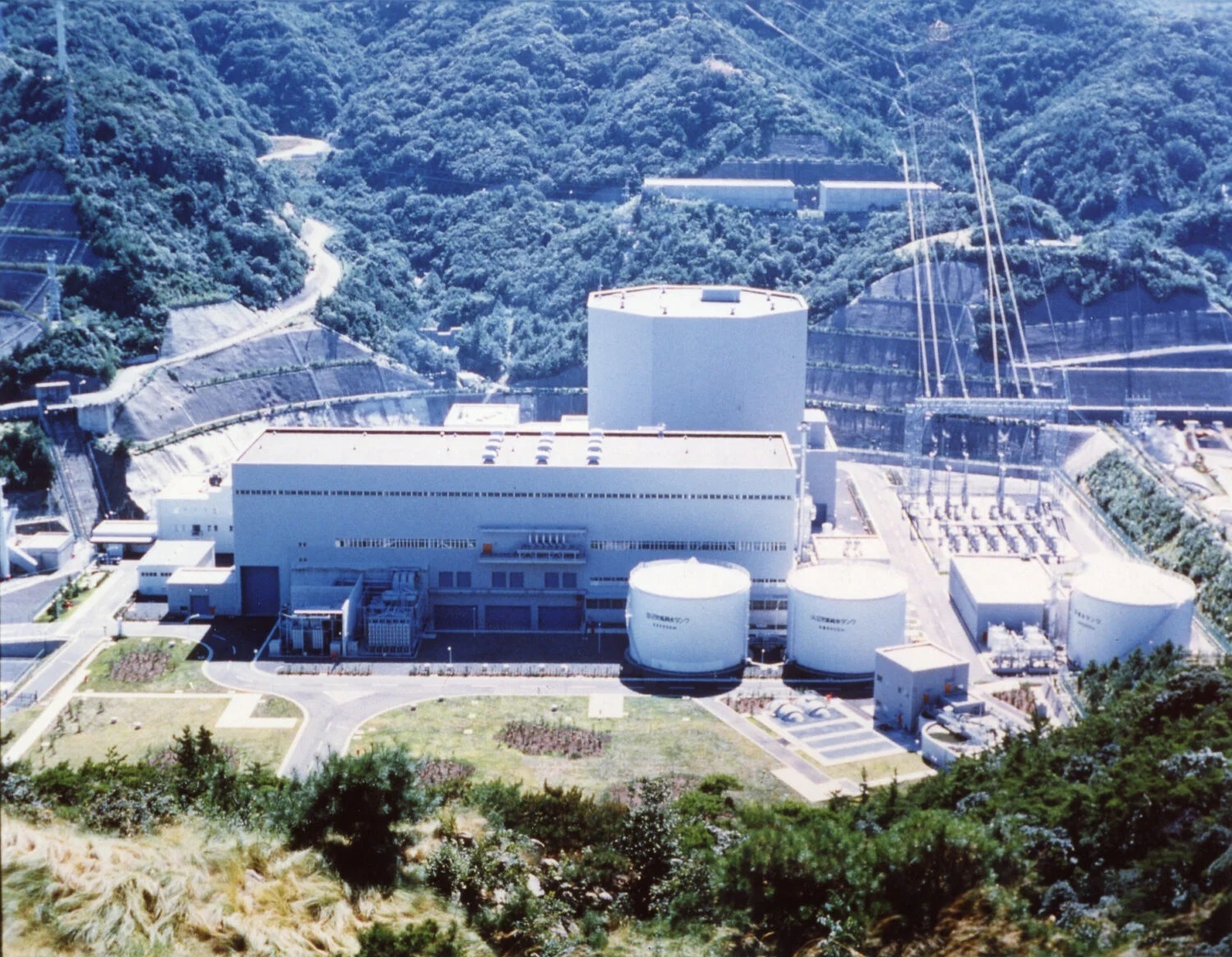It is the third boiling water reactor (BWR) to be so approved, following the Kashiwazaki Kariwa-6 and -7 NPPs, both owned and operated by the Tokyo Electric Power Co. (TEPCO).
Tokai-2 had entered commercial operation in November 1978, and will reach the end of its forty-year statutory operating limit this November. In order to resume operations, though, the unit must now clear an examination for a lifetime extension, and JAPC will have to obtain approval of its construction work plan.
The NRA formulated a review report draft for the Tokai-2 NPP in July, inviting comments from the public. Many of the opinions received dealt with the fire-retardant cables related to measures for internal fires. The NRA will confirm the adequacy of JAPC’s fire-prevention measures by examining the construction work plan and pre-service inspections after the work is completed.
There were also many comments from the public expressing concern about problems at the nearby Tokai Reprocessing Plant. The NRA is considering how to incorporate the effects of that facility on Tokai-2 into its future examinations of the unit.
The compatibility examination for the Tokai-2 NPP took more than four years since the application was filed in May 2014, particularly in regard to tsunami measures. Considering the peculiar ground characteristics and more, the initial embankment seawall was changed to a steel pipe pile seawall to ensure a stronger bearing force. The NRA had asked to hear directly about that matter from the JAPC president.
At the same meeting, the NRA also referred to a new examination system to be fully put in place starting in FY20 (i.e., from April 2020). NRA will initiate the new system on a trial basis starting next month, and proceed in three phases: identifying the problems, verifying them, and solving them.
At a press briefing following the September 26 meeting, NRA Chairman Toyoshi Fuketa said that the focus would be on “determining the reality at the site, rather than on paper discussions,” and that he expected the skills of the inspectors to improve during the trial period.


-013.jpg)

-049.jpg)
.jpg)










